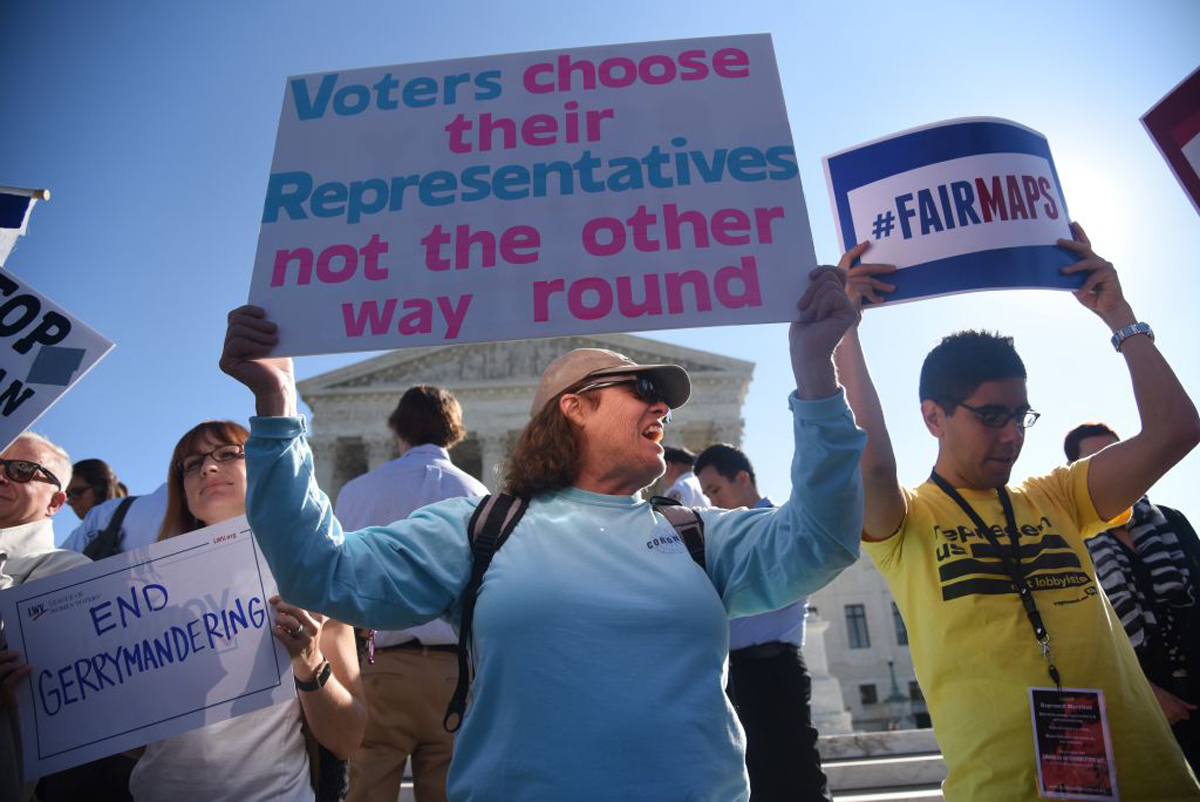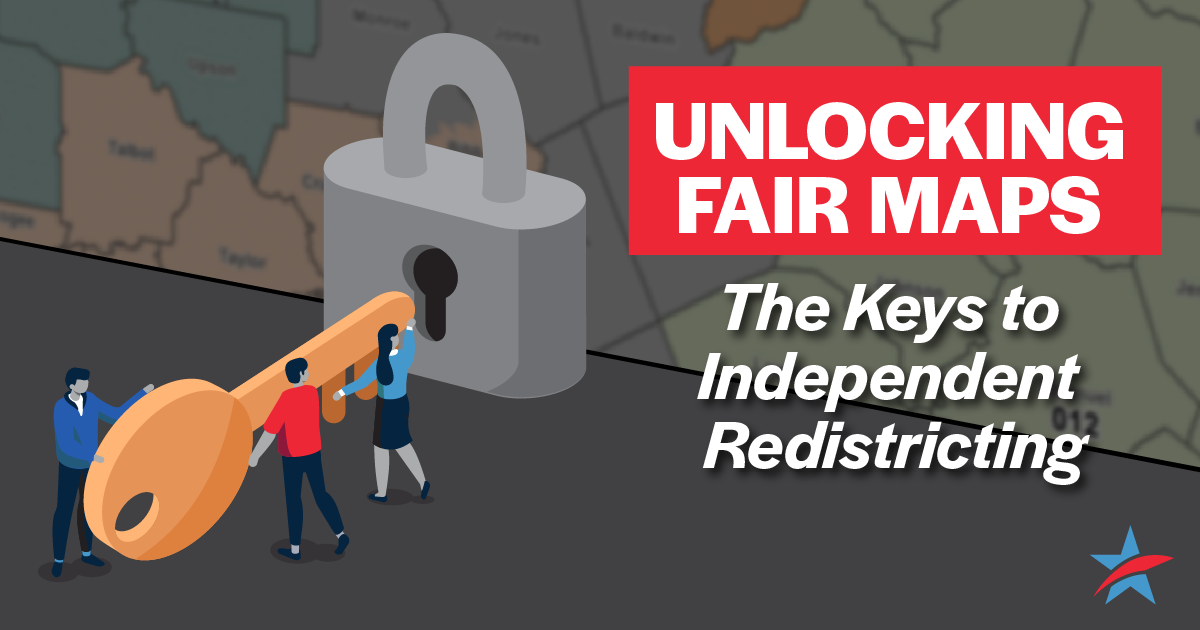Blog Post
New Analysis Shows Nebraska’s Partisan Redistricting Process Led to Overcrowded Urban Districts
Campaign
However, in some instances, our representatives are really choosing their voters. Election Day is when we get to have our say, and we need to reform the rules so every vote matters.
Every 10 years, in the year following the census, state legislatures rearrange the boundaries of congressional and legislative districts through a process known as “redistricting”.
Redistricting is supposed to reflect changes in population and ensure that everyone is fairly represented. But by manipulating the lines, moving friendly voters into pockets of strength, and breaking up areas where they and their allies typically run weakest, members of the majority party — Democrat or Republican — can have a big impact on who’ll represent you in the statehouse and in Congress.
In Nebraska, the legislature is solely responsible for drawing district maps. Unfortunately, that means legislators get to draw their own districts and decide which voters to include and exclude. Beyond that clear conflict of interest, the redistricting process gives rise to partisan in-fighting and is used as a tool by those in power to reward their allies and punish their opponents.
Common Cause Nebraska works to support redistricting that avoids partisan interest and ensures that the lines are drawn fairly and districts represent the communities they serve. In short, we believe voting maps should be drawn in service to voters, not elected officials or political parties.
Common Cause has led the fight to implement an important reform that has ended gerrymandering in several states. Democracy activists have successfully pushed for the creation of independent citizen redistricting commissions through ballot initiatives and legislation. This reform takes the power to draw districts from legislators and gives it to ordinary Americans.
The key component of these commissions is that political insiders are prohibited from participation, eliminating the clear conflict of interest that exists when elected officials or those close to them draw districts. In every commission state except Utah, commissioners – and not legislators – have the final say in approving districts. In every commission state except Alaska and Utah, commissions have an equal number of Democrats and Republicans. Seven states have independent commissions that are designed for partisan balance and that give commissioners the ultimate authority to approve districts. These include: Arizona, California, Colorado, Idaho, Michigan, Montana, and Washington.
Our Maps was a Common Cause Nebraska program that got Nebraskans more involved in the redistricting process during the 2021 cycle. By talking to people in areas across the state about the locations and places that define their communities, our goal was to change the redistricting structure from a top-down, partisan approach to a grassroots, publicly involved process.
We engaged folks through virtual events where we drew out community blocks that best represent the places they live. This was done through DistrictR, a community mapping platform.
Using DistrictR, we were able to draw out areas that members in a neighborhood or collection of neighborhoods felt represented them — not based on their political affiliation, but day-to-day interaction with those living around them and their values as a community.
In taking part in Our Maps, Nebraskans were invited to come together to learn more redistricting and its importance, in a space that encouraged dialogue about the issues facing their community as they define it.
Report
Sign up to stay up-to-date on the fight for impartial voting maps in Nebraska, including volunteer opportunities and legislative updates.
Blog Post
Press Release
Press Release

